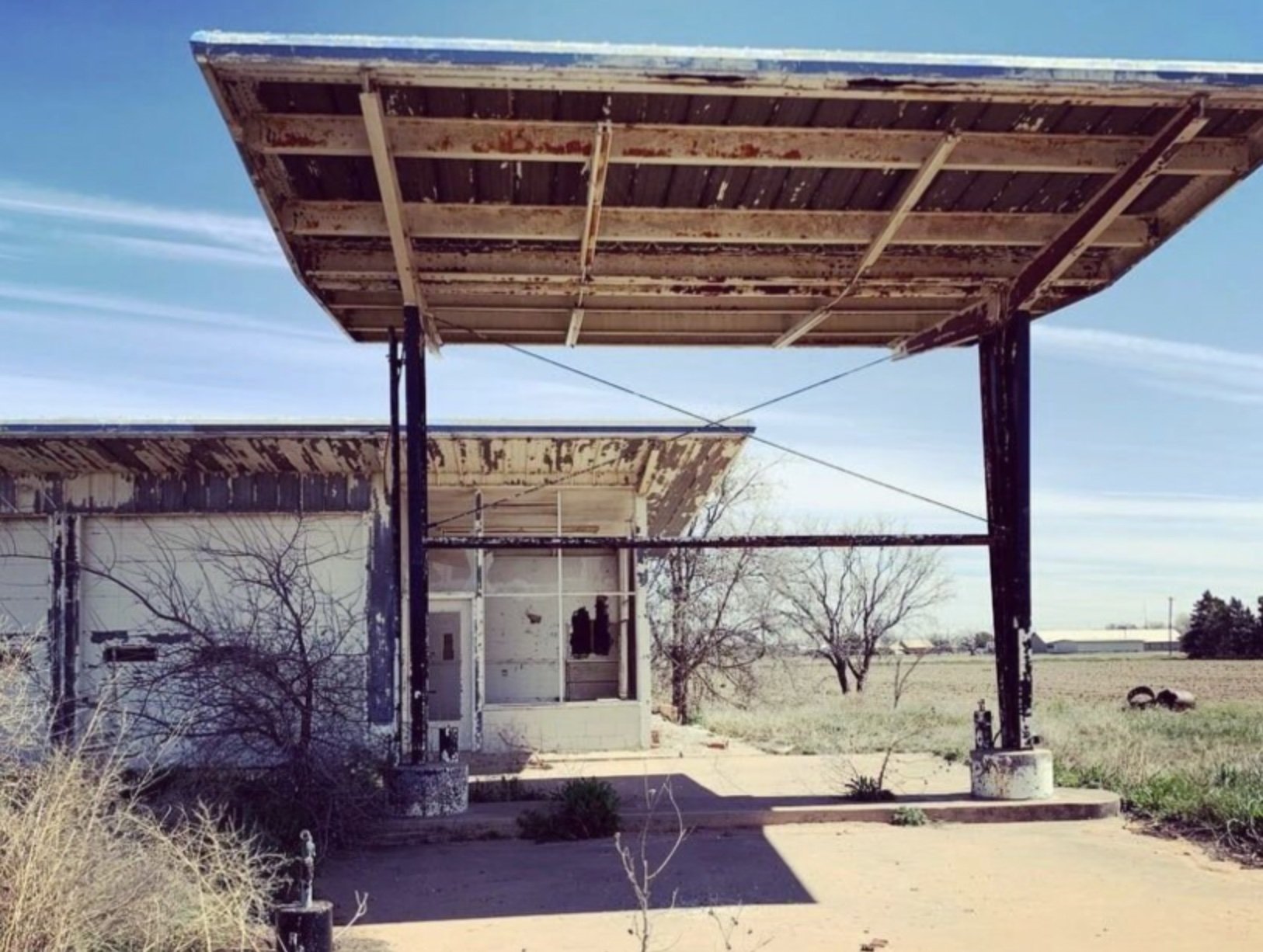Manifest Destiny
Rural New Mexico must be a strange landing place for international students whose vision of the United States is often captured by the New York City skyline and other bustling urban landscapes. I became especially aware of this during our 16-hour drive to New Orleans for UWC-USA’s 2019 Project Week. The American students (North and South) came prepared with playlists and podcasts, ready to zone out in Great American Road Trip fashion. The Europeans could not fathom what it meant to sit in a car that long. By the time we got to West Texas, an equivalent European passage would have included four countries, as many language groups, and countless villages. At that point in our journey, we had seen some cows.
Space.
It isn’t everywhere in the United States. Not anymore, now that we’ve built beyond our means on appropriated lands with violently appropriated labor. But we have more space than many places, and many of those appropriated lands are filled with oilfields, anti-abortion billboards, and other attempts at moralizing our way through a landscape that has been the site of centuries of conflicting moral frameworks (or lack thereof). I spent a lot of time on this trip thinking about the uniquely US-American ethos and interpretation of Manifest Destiny, and how the privilege that still accompanies it is harbored in our collective unconscious. In particular, I thought about those who inherited that ethos, versus those whose forced labor and dispossession enlivened that destiny for others. This theme returned to us over and over again during our week in New Orleans.
I like to dance, but not in the air. ~Billy the Kid
Yet, hear me, people, we have now to deal with another race—small and feeble when our fathers first met them but now great and overbearing. Strangely enough they have a mind to till the soil and the love of possession is a disease with them. These people have made many rules that the rich may break but the poor may not. They take their tithes from the poor and weak to support the rich and those who rule. They claim this mother of ours, the earth, for their own and fence their neighbors away; they deface her with their buildings and their refuse. The nation is like a spring freshet that overruns its banks and destroys all that are in its path. ~Sitting Bull
Driving through Texas and Louisiana, I was often struck by how the international students perceived this landscape as my country. I had never been to Louisiana before, and had spent less than a cumulative week in Texas. My experience of foreignness in these places was profound, perhaps more profound than anywhere I’ve been on any other continent. It occurred to me that I do not know the United States at all.
Image Description: Abandoned Gas Station

